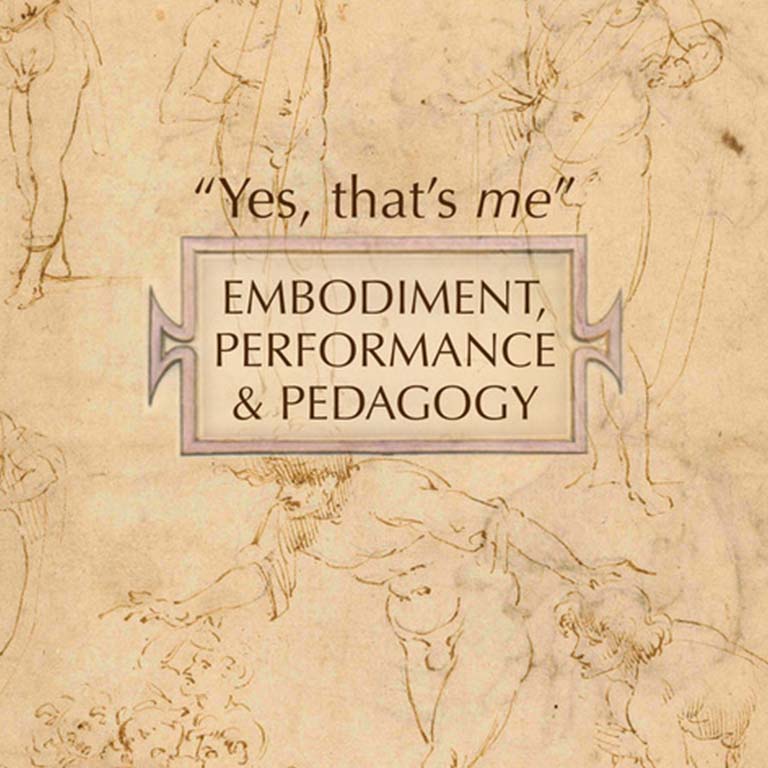On Monday, February 17, TRiP will convene to consider different modes of embodied performances and their publics. While we hope you will have enjoyed the performance of Shakeshafte, (Monday, Feb 11) having attended is not necessary to participate in this workshop.
Professor M. Cooper Harriss and Ph.D. student Joe Decker, both Shakeshafte cast members, will provide opening remarks for our breakfast session. What kind of pedagogical practice is a performance (and vice versa)? Or, more concretely, how does Shakeshafte teach religion in public? What do we teach and what is learned when we speak in somebody else's voice? Participants are invited to consider Harvard Professor Jeffrey Wilson’s case for #PublicShax and performance as public scholarship on Twitter (transcribed and attached to this email).
Acting and teaching share another point of simultaneous tension and imagination, in the assumption and/or representation of certain identities. As Shakeshafte's titular character ruminates, "a man would burst open if he couldn't see what he was like" on the stage, in front of God, and in front of others. When do our students, or we ourselves, bring into the classroom a need to say "Yes, that's me, someone's seen me...I exist," as Will Shakeshafte puts it? When and how do we become aware of differences and identifications?
On this point, those who attended last semester's "Difficulties of Difference" workshop are invited to recall James Perkinson's controversial piece "Pedagogy Beyond Piracy: Un-Learning the White Body..." and its discussion of enacting different practices of being and teaching through one's racialized body and presentation.

 The College of Arts
The College of Arts